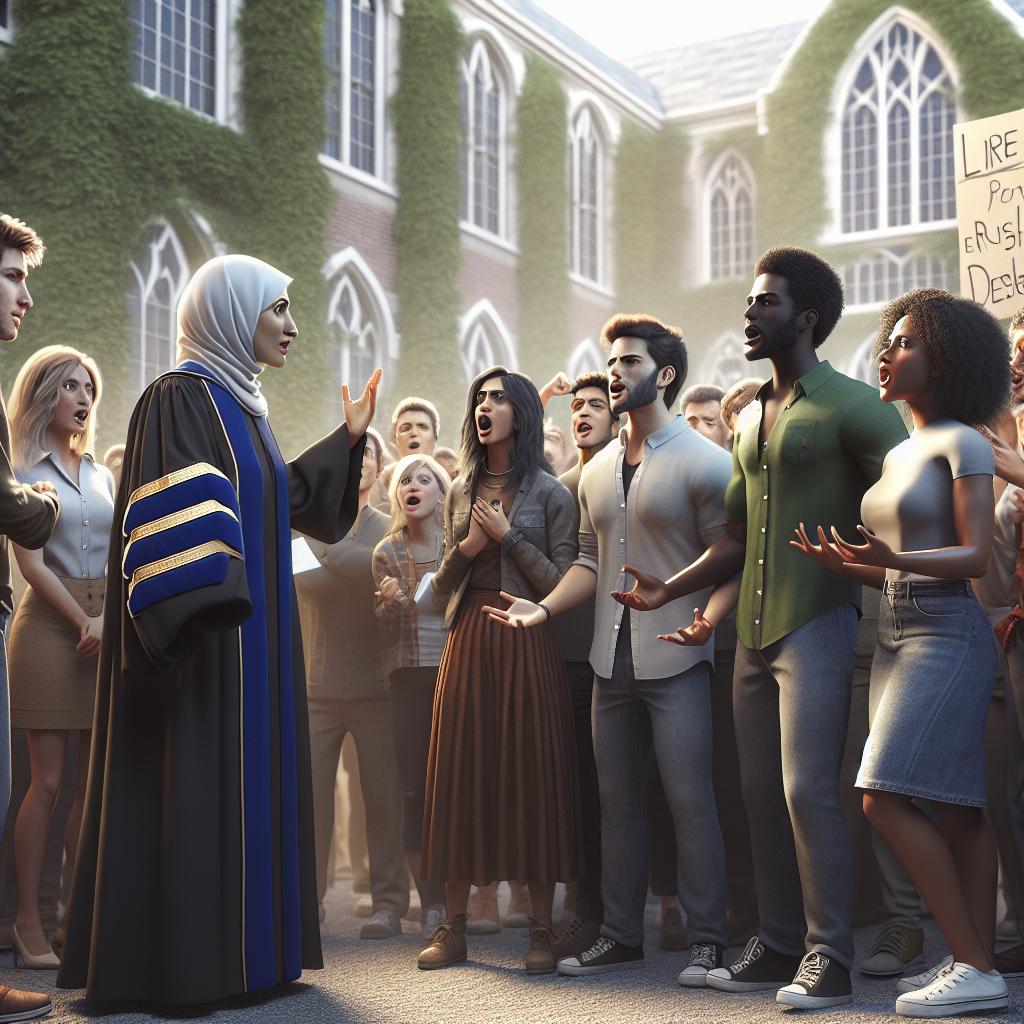College Presidents Resign Amid Gaza Protest Controversies
Intense debates, protests, and a sharp divide regarding the war in Gaza have significantly strained the leadership of many U.S. colleges. The pressure recently forced the president of Columbia University, Minouche Shafik, to resign due to her handling of Gaza protests on campus.
Issues surrounding these protests are some of the most sensitive and complex to navigate for university leaders. Their responses need to find a perfect balance of upholding free speech rights, ensuring campus safety, and appropriately addressing the concerns of all stakeholders.
The Fallout for Shafik and Columbia University
Shafik, like her peers, has faced widespread criticism. Some student organizations have lambasted her decision to order the arrest of protesters by the police. Others called for her to confront antisemitism more proactively. The arts and science faculty groups passed a no-confidence motion against her, magnifying the push for her resignation.
Other College Presidents Affected
Below is an examination of other campus leaders who have either resigned or extensively interrogated for their handling of similar issues:
The case of the University of Pennsylvania
First in the list of Ivy League presidents to resign following congressional appearances is Liz Magill of the University of Pennsylvania. Magill ended her term in December, having served less than two years. Her resignation followed severe criticism over testimony she gave at a congressional hearing. Critics argued that she failed to express outright that calls for Jewish genocide would not be tolerated under the school’s conduct policy.
The Situation at Harvard University
Claudine Gay, Harvard University’s first Black president, faced similar criticisms for providing evasive answers during U.S. House committee hearings on antisemitism on college campuses. Gay resigned in January, mere months into her role.
Columbia University’s Dilemma
Pro-Palestinian protesters set up tents on Columbia University’s campus during Shafik’s congressional testimony in mid-April. Despite steadfastly navigating the ensuing challenges, she chose to resign after over the summer. Her decision arrived shortly after the university announced the resignation of three deans who had allegedly been involved in an antisemitic text exchange during a discussion on Jewish life.
Other Administrators Under Scrutiny
In addition to those who resigned, many other college administrators have had to answer to Congress and segments of their campus communities. College leaders such as Sally Kornbluth of MIT and Javier Reyes of the University of Massachusetts have been at the center of controversies related to their handling of Gaza protests on campus.
These global issues continue to challenge colleges throughout the United States, testing their ability to uphold free speech while maintaining an inclusive, safe, and respectful campus community.







